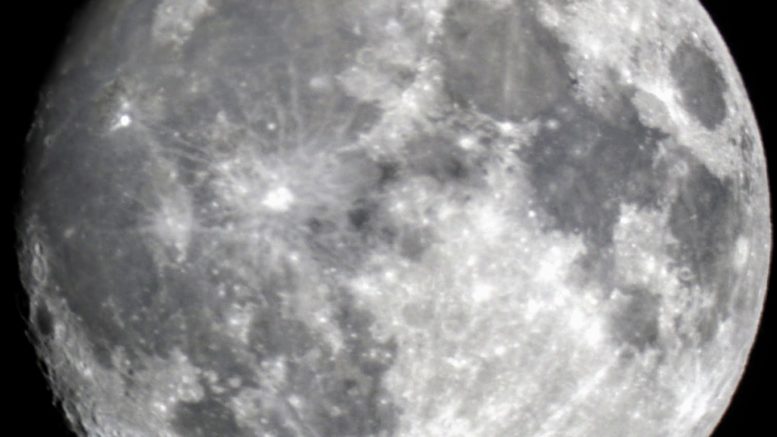Although some might not realize it, but for every planet in the solar system that has moons, there is a pattern followed for naming. Therefore, if a new moon were to be discovered for one of these planets, there is an existing naming convention to assist scientists with the new discovery. Both Venus and Mercury and have 0 moons, therefore, there is no need for naming standards.
For the Earths moon Luna, every language has its own word for it, which is used by many cultures for their calendars, art, and other aspects.
Although one day in the future, Mars will lose its moons, Phobos and Deimos are named after the Greek mythological twin characters Phobos and Deimos. They are known In mythology as twins who accompanied their father Ares into battle.
The Galilean moons of Jupiter were named by Simon Marius soon after their discovery in 1610. Naming conventions have changed throughout the years, but the current practice is that newly discovered moons of Jupiter must be named after lovers or descendants of the mythological Jupiter (Zeus).
In 1847 the seven then known moons of Saturn were named by John Herschel. Herschel named Saturn’s two innermost after the mythological Greek Giants, and the outer five after the Titans and Titanesses of the same mythology. Current IAU practice for newly discovered inner moons is to continue with Herschel’s system, naming them after Titans or their descendants.
The planet Neptune has 14 known moons, which are named for minor water deities in Greek mythology.
Uranus has 27 known moons, most of which are named after characters that appear in, or are mentioned in, the works of William Shakespeare and Alexander Pope.
For other Top 5 articles like this, check out the articles we have. Connect with us on our social media such as Twitter and Instagram to stay up to date on new articles, events, and more.

Be the first to comment on "What are each planetary moon system named after?"